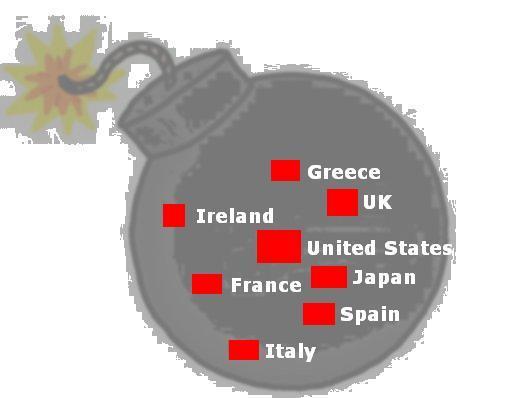
The Hera Research Newsletter is pleased to present a fascinating interview with Martin A. Armstrong, founder and former Head of Princeton Economics, Ltd. In the 1980s, Princeton Economics became the leading multinational corporate advisor with offices in Paris, London, Tokyo, Hong Kong and Sydney and in 1983 Armstrong was named by the Wall Street Journal as the highest paid advisor in the world.
As a top currency analyst and frequent contributor to academic journals, Armstrong’s views on financial markets remain in high demand. Armstrong was requested by the Presidential Task Force (Brady Commission) investigating the 1987 U.S. stock market crash and, in 1997, Armstrong was invited to advise the People’s Bank of China during the Asian Currency Crisis.
Based on a study of historical gold prices and financial panics, Armstrong developed a cyclical theory of commodity prices, which lead to the pi-cycle economic confidence model (ECM), used to make long term forecasts. Using the ECM, Armstrong predicted both the high-water mark of the Nikkei in 1989, months ahead of time, and the July 20, 1998 high in the U.S. equities market, as well as a major top in financial markets on February 27, 2007. The ECM was called “The Secret Cycle” by the New Yorker Magazine and Justin Fox wrote in Time Magazine that Armstrong’s model “made several eerily on-the-mark calls using a formula based on the mathematical constant pi.” (Pg 30; Nov. 30, 2009).
…..read the whole interview HERE (scroll down a bit)














